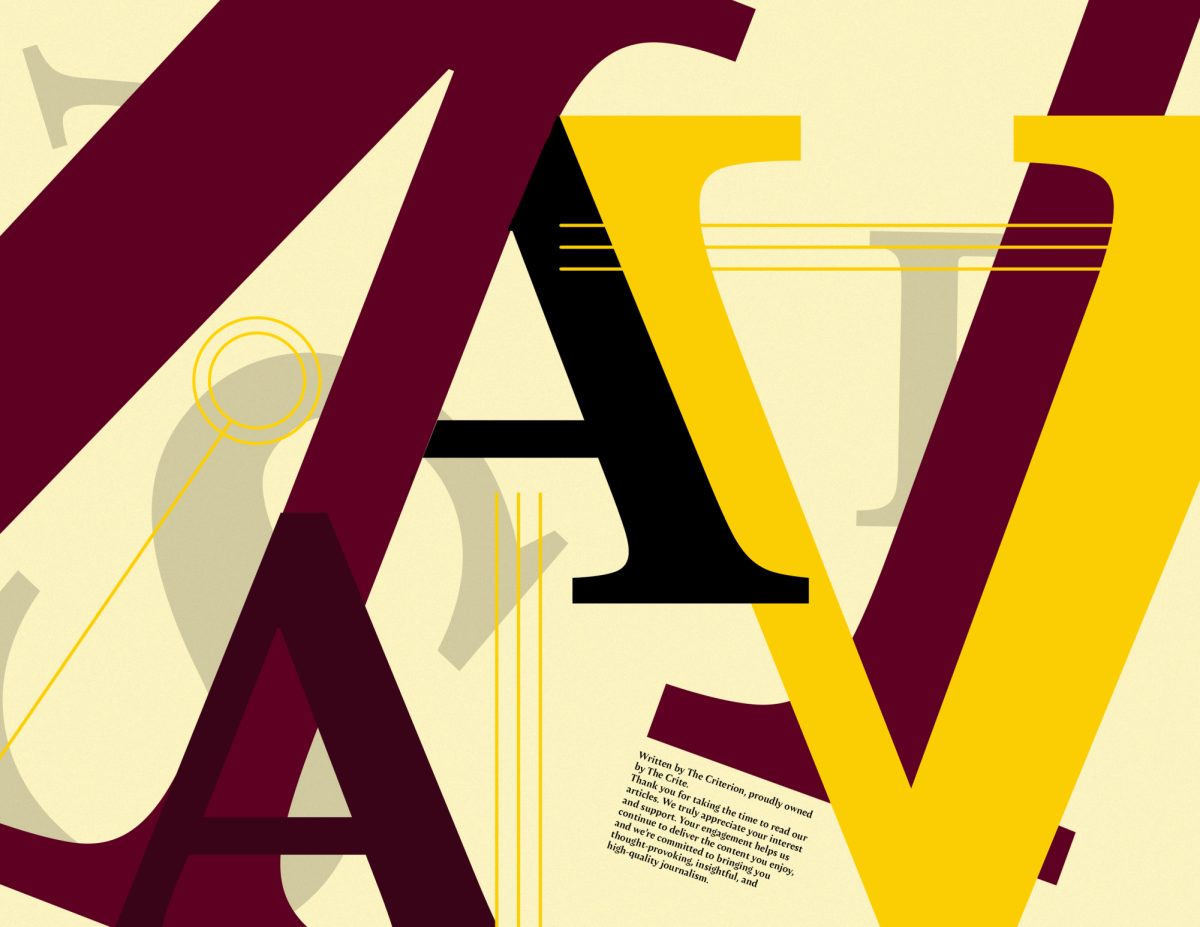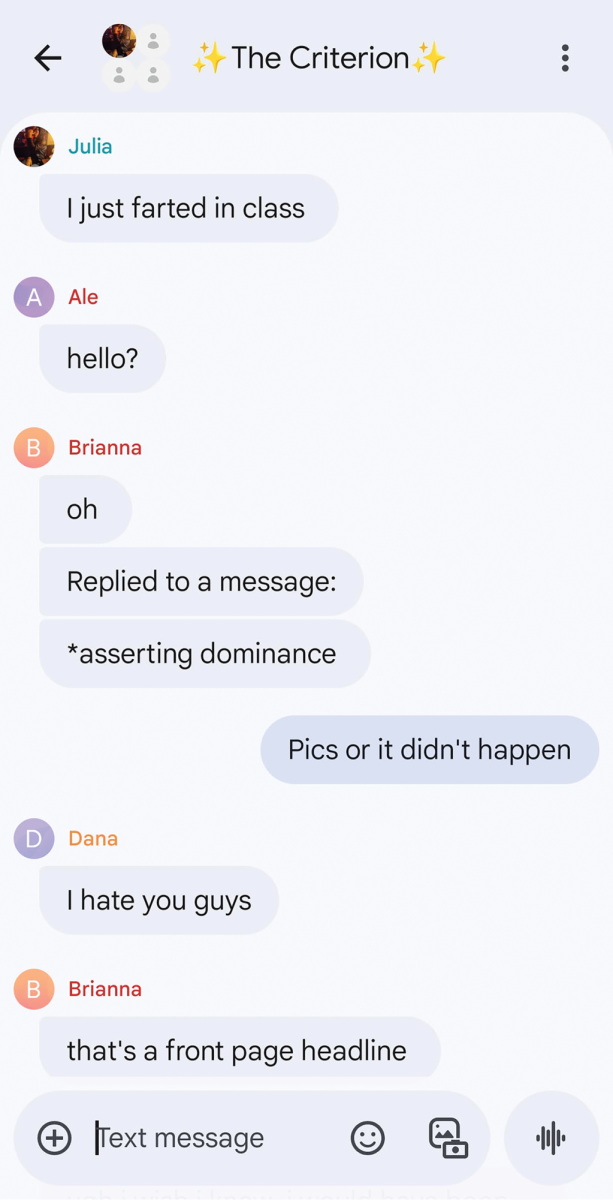Picture this. You’re running a marathon and nearing the finish line but every time it seems to move another mile away.
For many college students, the 120-credit hour benchmark for a bachelor’s degree can feel just like that, especially when they find themselves exceeding this standard. But what happens when student aid, the very lifeline that makes higher education accessible for many, won’t cover those extra credits?
For those in this situation, it can be infuriating and lead to massive financial issues. Furthermore, this results in the financial implications of surpassing the 120-credit mark to be even more daunting. FAFSA in particular, claims to cover up to 180 credit hours, however, CMU doesn’t seem to follow this claim.
This leads to a lack of federal financial aid, such as Pell Grants and Direct Subsidized Loans, which frequently have limits on the number of semesters or the total amount a student can receive.
With all this being said, it’s essential to understand why this situation arises. Some students change majors, leading to previously earned credits that don’t align with their new program. Others might face personal challenges, requiring them to retake courses. Then there are those who double major or pursue additional minors which naturally accumulate more than the standard 120 credit hours.
If you’re someone like me, it can be stressful knowing that you’re being penalized for wanting to learn more, which is why we’re all in college in the first place.
To avoid situations like this, here are some good tips that could save you money and time.
Consult Academic Advisors:
First and foremost, talking to your advisors prior to this situation can provide guidance on the most efficient path to graduation. They can ensure that every credit taken aligns with degree requirements, which will help prevent you from taking unneeded credits.
Explore Work-Study or Part-Time Jobs: Earning while learning can help bridge the financial gap without accumulating additional debt. The work-study program can be awarded to help take off some of the tuition while earning money at an on-campus job. CMU offers its own work-study program, MAVworks, as well.
Consider Private Loans: While they often come with higher interest rates than federal loans, private loans can be a last-resort option for covering additional credits. However, many loan officers and agencies, do require some sort of credit score in order to award said loan.
Appeal Financial Aid Decisions: In some cases, students can appeal for additional aid or extended coverage, especially if there are extenuating circumstances. Reaching out to the Student Financial Services located in Lowell Heiny Hall, (next to the UC) can be a great way to either make your appeal or ensure you won’t have to in the future.
In the intricate dance of college academics and finances, starting as an undeclared major can seem like a strategic move. Not only does it offer room for exploration but might provide some wiggle room with financial aid.
However, it’s not a one-size-fits-all solution. Every student’s journey is unique, and while some may benefit from this approach, others might find themselves facing unforeseen challenges. As with all major decisions, it’s essential to be informed, seek guidance and always keep an eye on the end goal: a fulfilling education without unnecessary financial burdens.









